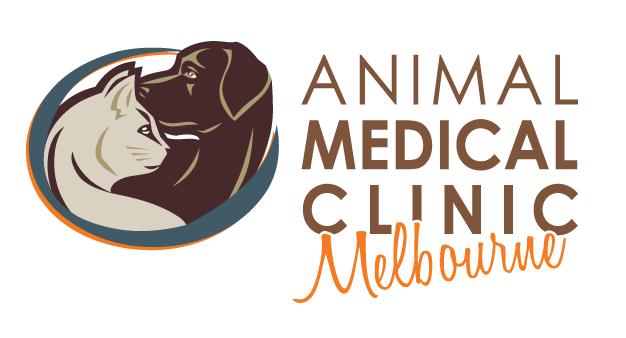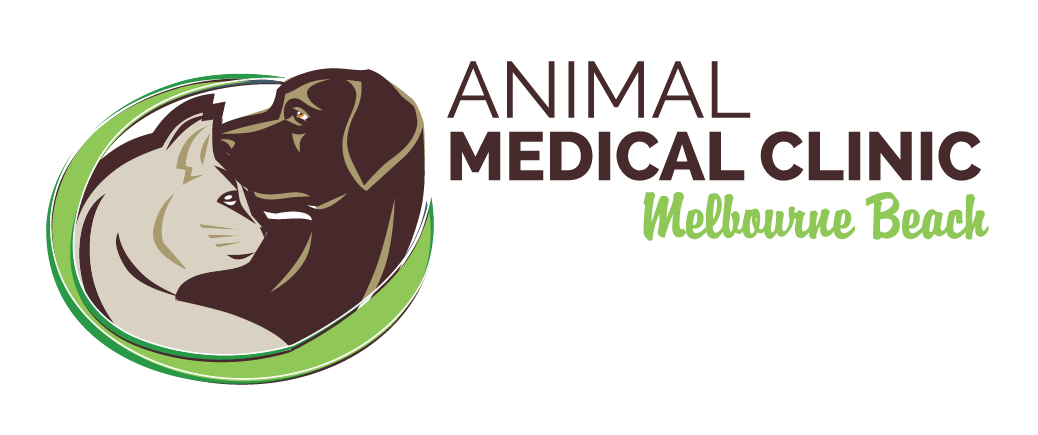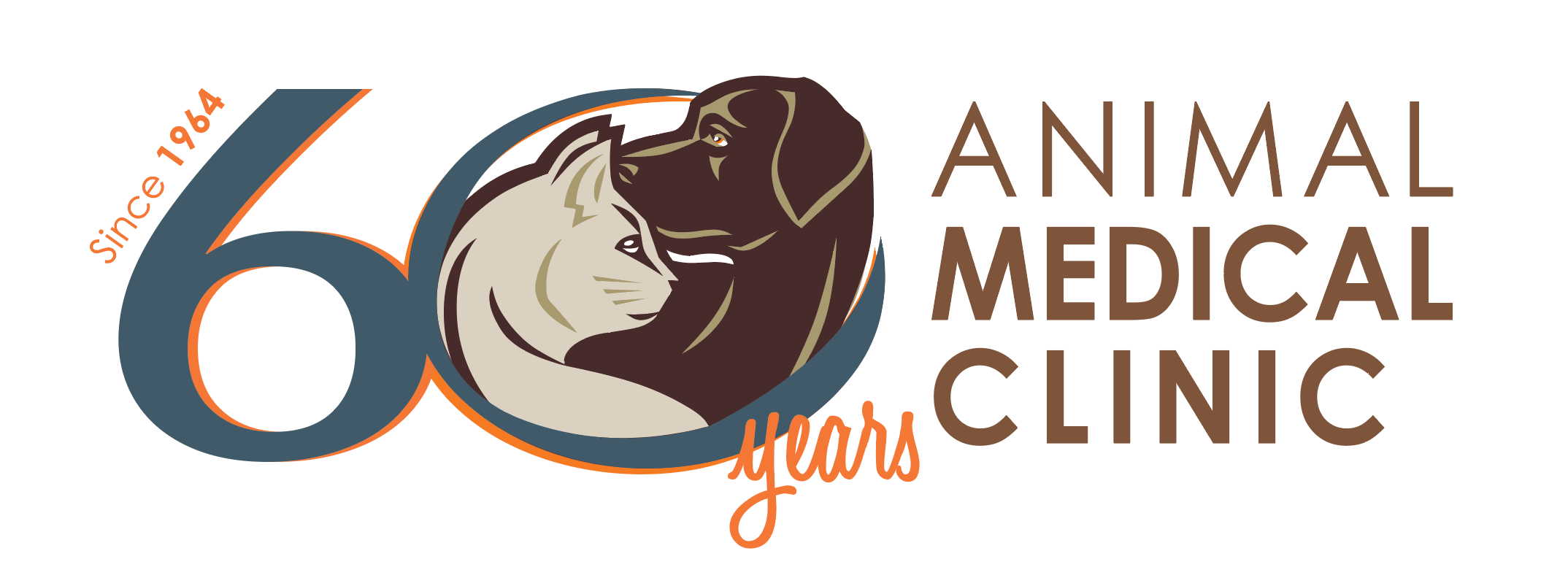There are a lot of ads on Facebook these days for “fresh” frozen or refrigerated meals for dogs shipped to your door, much like the services of HelloFresh and Blue Apron for humans. And, while we in the veterinary community will need more time to examine this new trend, we can weigh in on human food for dogs and, even more specifically, whether cooking for your dogs is healthy. The idea of cooking fresh turkey and/or veggies sounds much better than a processed alternative but, when it comes to dog nutrition, it’s not quite as simple as that. Let’s examine the benefits and drawbacks of home cooking for your dog.
Benefits of Homemade Food for Dogs
Dog food recalls occur from time to time, so we understand the concern surrounding commercial diets. But it’s also important not to fall victim to fear mongering, as most dog foods are strictly monitored for safety and nutrients, and some companies have very good reputations for quality control. No matter where you fall on the spectrum, there are benefits to cooking homemade food for your dogs, and we list some of those below:
- You have more control over the ingredients
- If your dog has allergies, you can cook without including the offending foods
- You can cook with fresh, nutritious, and high-quality ingredients
The Risks Associated With Homemade Dog Food
- It’s time consuming. Many families will tell you that taking the time to cook fresh food for humans regularly is challenging enough
- Even with the best of intentions, Home cooked meals are impossible to balance without some form of vitamin/mineral supplementation. A diet of only chicken meat is not going to be healthy.
- Even if you rotate recipes – as some theorize will help in providing all the nutrients dogs need – studies have found that there is little likelihood that dogs’ nutritional requirements will be met.
- Nutrition deficiency or an excess of certain ingredients can cause diseases, malnutrition, obesity, or in the worst cases – death.
Help of a Veterinary Nutritionist
If you’re fully dedicated to the idea of serving your dog homemade food, we in the veterinary community highly recommend going with a board-certified veterinary nutritionist to ensure you’re meeting the requirements to keep your beloved pet healthy. The nutritionist will factor in several crucial statistics – such as your dog’s weight, age, and any health issues – when designing recipes that are custom-made to suit your dog’s needs. Your veterinarian can give you a referral, or you can find one on your own by consulting the American College of Veterinary Nutrition (ACVN) or one of the other resources below:
Foods You Should Never Feed A Dog
Any article on dog food should always include a list of human foods that are toxic to animals. Some of these will get your dog mildly sick while others can cause death, so being aware of these items is crucial to keeping your dog healthy. Below is a list of human foods that, according to the ASPCA, are potentially toxic to dogs:
- Alcohol – alcoholic beverages and foods containing alcohol
- Avocados
- Chocolate (particularly baking chocolate)
- Coffee and caffeine
- Citrus
- Coconut and coconut oil (in large amounts)
- Grapes and raisins
- Macadamia nuts
- Milk and dairy
- Nuts
- Onions, garlic, and chives
- Raw/undercooked meat, bones, and eggs
- Yeast dough
- Xylitol (such as that found in gum)
- Salt and salty snack foods
On the other hand, Medical News Today lists the following human foods as being okay to serve dogs in moderation, and not in place of a balanced diet:
- Carrots
- Apples
- White rice (only in limited amounts, especially for dogs with diabetes)
- Fish
- Chicken
- Peanut butter (if free of xylitol)
- Plain popcorn
- Pork
- Turkey
- Blueberries
- Bananas
- Cucumbers
- Green beans
Watermelon



